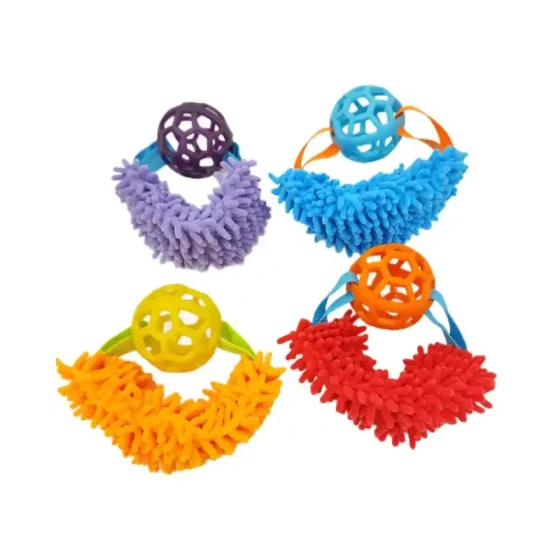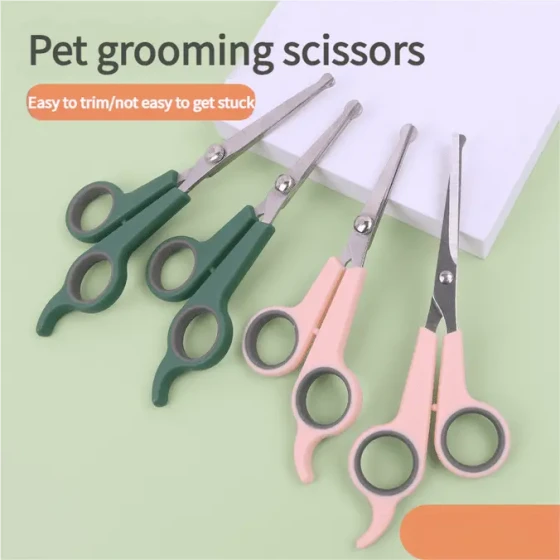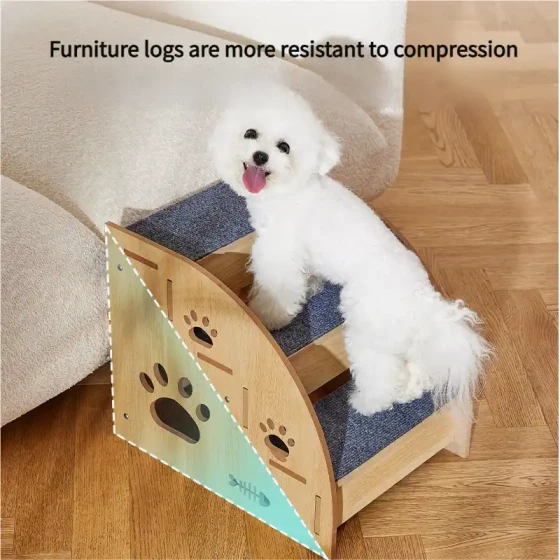Ask netizens, my pet dog has severe hair loss recently?
It might be that the dog is growing and needs to shed hair, or it could be a skin disease caused by eating too much salt.
Under normal circumstances, most dogs shed hair during mid-spring and autumn. For example, sheepdogs, Samoyeds, Shih Tzus, Pekingese, etc., do not need as much hair in summer, so they shed some old hair as the weather warms up to regulate body temperature. Before winter, they will shed coarse hair and replace it with underfur to endure the cold winter. These are normal phenomena. As long as you brush the dog's hair more often during this period and the brush collects the hair flakes, you can prevent hair from flying all over the house!
If the dog has folliculitis, eczema, or is infested with many dog lice and fleas, it will also cause heavy hair loss.
The dog will scratch and bite its fur fiercely due to intense itching, which will also cause a lot of hair to fall off. At this time, it is best to find out the cause first, consult a relevant doctor or experienced person, and apply targeted treatment based on the pathogen.
Additionally, natural environmental factors such as sunlight exposure and temperature also affect the dog's hair growth. If a puppy is kept indoors long-term without sunlight exposure, it can cause mild hair loss symptoms throughout the year.
There are also some dog breeds, such as the Dalmatian. Although they are a short-haired breed, anytime you pet them and press a little harder, your hand will be covered with hair. This is unavoidable, so raising this type of dog requires mental preparation!
Dog owners are often troubled by dog hair loss, especially with long-haired dogs, as the house is often filled with hair dust, which is hard to tolerate. There are many reasons for this.
First, seasonal shedding: most dogs shed hair in spring and autumn.
For example, sheepdogs, Chow Chows, Pekingese, etc., need less hair in summer, so they shed some old hair when the weather warms up to regulate body temperature. Before winter, they shed coarse hair and replace it with underfur to endure the cold winter. These are normal phenomena. Simply brushing the dog’s hair daily and cleaning hair flakes can prevent hair from flying all over the house.
Second, if the dog has folliculitis, eczema, or is infested with many dog lice and fleas, this can also cause heavy hair loss.
The dog will scratch and bite its fur fiercely due to intense itching, causing a lot of hair to fall off. In this case, it’s best to identify the cause and consult a doctor or experienced person for targeted treatment.
Third, human factors causing hair loss: many families use adult soap or shampoo, or even use detergent powder and cleaning agents to bathe their dogs. Because dog skin is relatively neutral and adult cleansers tend to be more alkaline, this causes dryness and itching, giving mites, bacteria, and fungi a chance to cause skin disease and eventually hair loss.
Also, bathing too frequently greatly damages the skin’s normal protective secretions. Therefore, it is recommended to use dog-specific cleansing products and not bathe too often, maintaining reasonable frequency.
Fourth, vitamin and internal mineral deficiencies.
Additionally, natural environmental factors such as sunlight and temperature affect dog hair growth. Puppies kept indoors without sunlight exposure long-term also experience mild hair loss all year round.
Some dog breeds, like Dalmatians, although short-haired, will leave hair on your hand anytime you pet them with even slight pressure. This is unavoidable, so you must be mentally prepared when raising these dogs.
Dogs normally shed hair in spring and autumn, and there are many reasons for hair loss, including:
1. Excessive salt intake can cause severe dog hair loss.
2. Normal shedding seasons.
3. Skin diseases, which are a major factor in dog hair loss.
Analyze your own situation to see which applies.
There are several ways to deal with hair loss:
1. Develop a habit of regularly brushing your dog’s hair. Twice a day, using a pet-specific comb.
2. If the pet likes it, you can dress it in clothes to reduce hair shedding.
3. Choose the right bathing liquid; good bathing liquids may protect the dog’s coat, reduce the amount of shedding, and prevent skin diseases.
4. Try to avoid wearing dark clothes.
5. Keep a special lint roller at home.
-560x560.webp)




